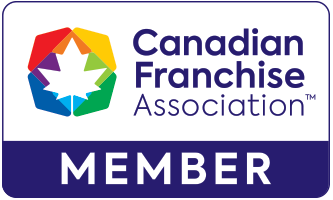For most property managers, it takes a lot of time and resources to find the perfect tenant for your commercial space - prepping the property, generating ads, showing the space, reviewing applications and verifying the information you have received. It is no surprise then, that once you have found that right tenant, you are ready to settle in for the long-haul.
But, what do you do when the lease is up and it is time for a renewal?
While many property managers would happily renew a lease, especially if the tenant is well-behaved, pays their rent on time, and causes little to no problems, this may not the best decision.
The issue is, during the course of a lease, a tenant’s situation often changes. Making sure that you are aware of what those changes are, and the affects they can have on your future relationship, is important.
Even if a tenant has been reliable up to this point, landlords can often be unaware of developing financial issues or changes to corporate structure.
In fact, there are many changes that could occur, which may impact your decision to renew your current tenant, including:
- The full legal corporate name due to an amendment or amalgamation
- The jurisdiction in which a corporation is registered to do business
- Corporate Ownership
- Default with Companies Branch and Corporate Tax Branch
- Increased debt (including mortgages, lines of credit, term loans and credit cards)
- Decreased bank account balances
- Delinquent activity (late payments, collection claims, legal actions, judgments or bankruptcy)
As such, approaching your renewal tenants like you would your prospective tenants, with increased due diligence, will protect your investment.
Tags: Property Management





